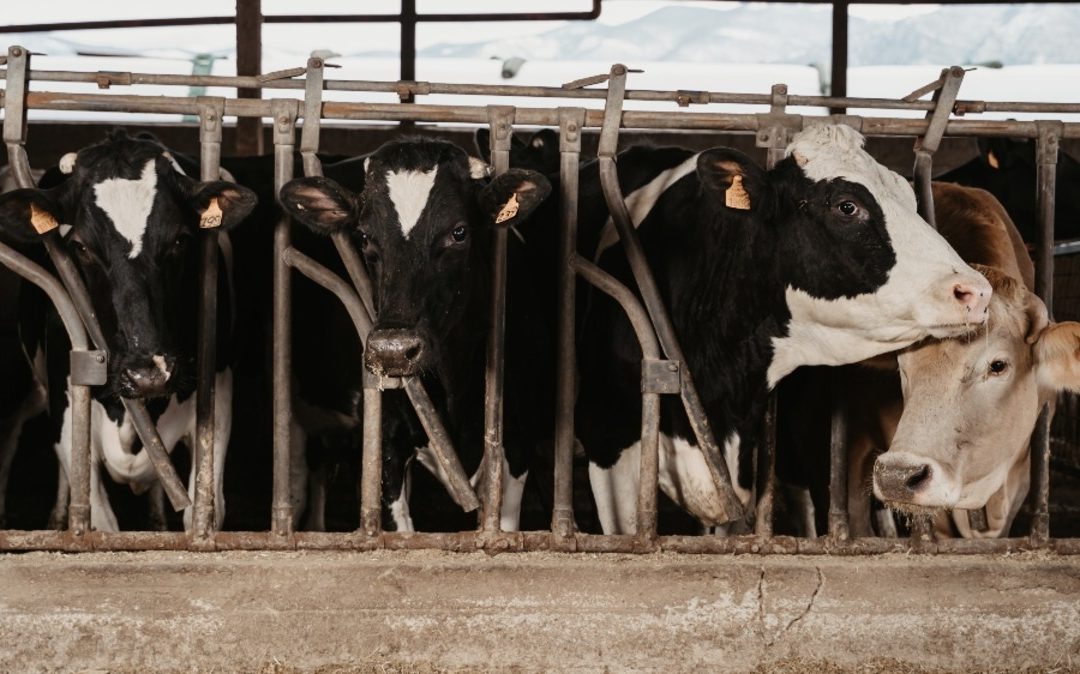Where did Covid-19 come from? Chinese wet-markets are an easy scapegoat, but that doesn’t make sense – there are wet-markets all over the world, including the U.S. It is easiest to understand the current pandemic in the context of infectious disease history. And one thing stands out very clear: these diseases come from animals.
Sometimes these animals are wild and by taking them in, ultimately to breed and/or butcher them, we take on their diseases as well. Examples of this include the civet cat which gave us SARS, the chimpanzee which gave us HIV, as well as bats which gave us MERS, Ebola, and apparently, Covid-19.
And sometimes these diseases take off in domesticated animal populations, and then make the leap over to their human caretakers. Examples here include cows and sheep (which gave us measles), pigs (H1N1/swine flu and whooping cough), camels (small pox), chickens (typhoid fever), ducks (the flu), as well as horses (which gave us the common cold).
So the problem here obviously isn’t the much-demonized Chinese wet-markets. Rather, the problem is obviously our relationship to the animal world. The problem is putting animals into densely packed areas. Slaughtering these animals then very much compounds the problem.
The only real solution to this is for the wider propagation of vegetarian diets. Check out this video from Hench Herbivore as he discusses this unfortunate and sad march of animal-introduced infectious diseases and the best ways for us to overcome these challenges.




